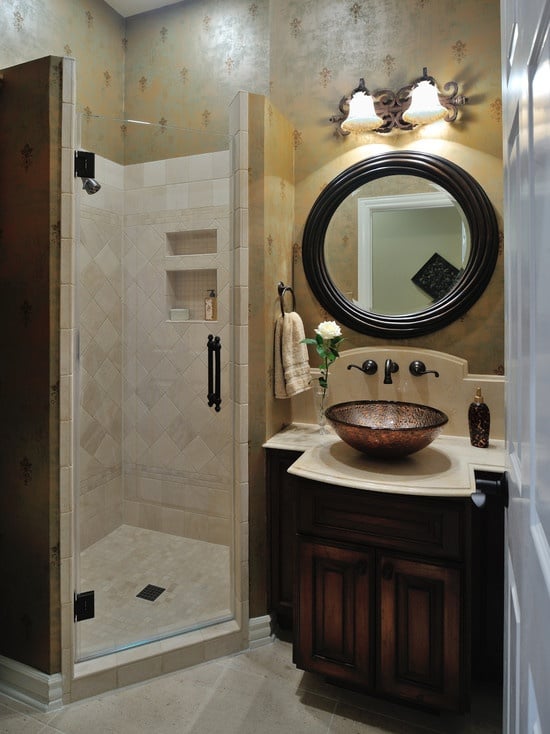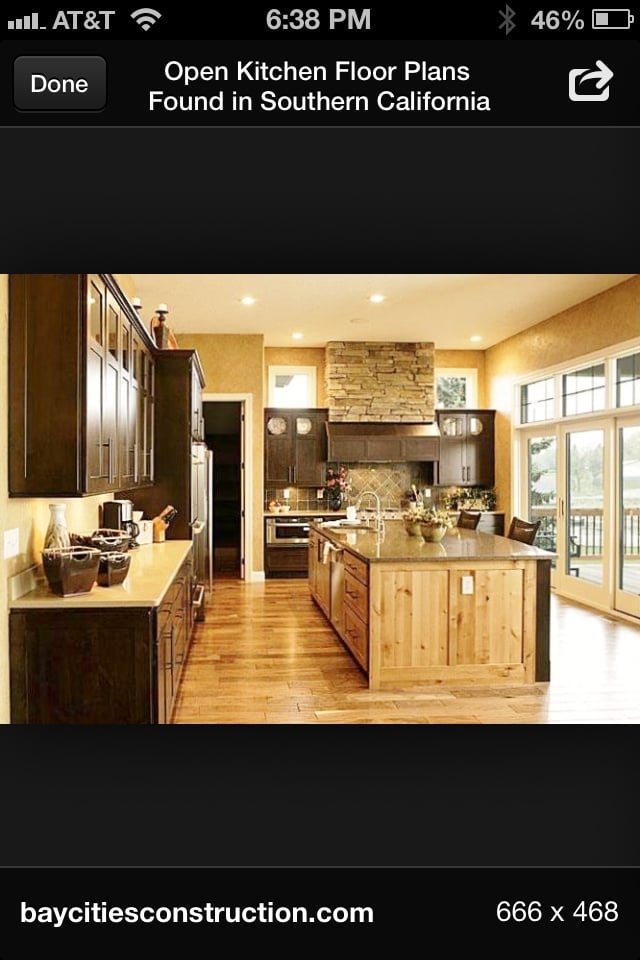Window tinting for your home, business, or car can be very beneficial. Rather than allowing anybody to look inside, it gives you some additional privacy, keeping you safe from onlookers. It also has benefits when it comes to heating and cooling. Whether this is in your home, or your car, it will keep the cool in during the summer, and the heat in during the winter.
Even though many of these advantages are universal, there are still certain types of window films that are better than others. Take the time to find the film that will work best for your situation.
Disadvantages of Metal
Metal in window film can have damaging effects so it’s important to do your research to find high-quality and affordable windows and composite back doors. Although they are still functional, they are not as good as film without metal. Some of the worst problems that come from a bad window tinting happen when metal is inserted. The most common issues include:
- When metal is added, the tint is not as dark as it could be. This either means spending more money to darken the tint to your desired level, or dealing with a lighter tint, which may not bring the same benefits you were planning on having.
- Metal in car window tint can be disastrous. The metal can cause interference with the radio. Rather than dealing with these types of problems, invest in window tint free of metal.
- Whether you are in your home, at your business, or in your car, cell phone service is important. This is how we communicate and keep in touch with others. Metal present in window tinting can interfere with cell phone signals as well as GPS signals.
The problems associated with metal in window tinting far outweigh the advantages. Although the metal may inhibit heat transfer, it still has problems with the level of tint. Because of this it is best to invest in a window tint that doesn’t include metal.
The Choices
Not all window tinting jobs have the same results in the end. There are many different choices, not only in degrees of how tinted the window appears, but in the quality of the material. Each one has advantages and disadvantages to consider. Before setting out, find which ones contain metal, and avoid using it in your residential window tinting:
- Dyed tinting film – this film has no metal, giving it a darker look. It is mostly used because of the look rather than the heat protecting elements.
- Hybrid tinting film – this uses both dye and metal inside the film. Although it is good at reducing heat, be wary of the metal used.
- Carbon film – this film is one of the best, with no metal, leaving you free from cell phone interference.
Choosing the best type of film can be difficult. Know what you want beforehand, and make the choice based on your budget and the advantages each holds.
When choosing the right window tinting for you, avoid those with metal. This can cause more problems that it is worth. Rather look into the other choices, to select one that will protect against the extreme temperatures, block others from viewing your belongings, and is within your budget.
Cassie Costner works closely with www.glamourglaze.com learning about the advantages of window tinting. Cassie has researched the best types of window tinting to use in most situations, including for the car, the office, and your home.






